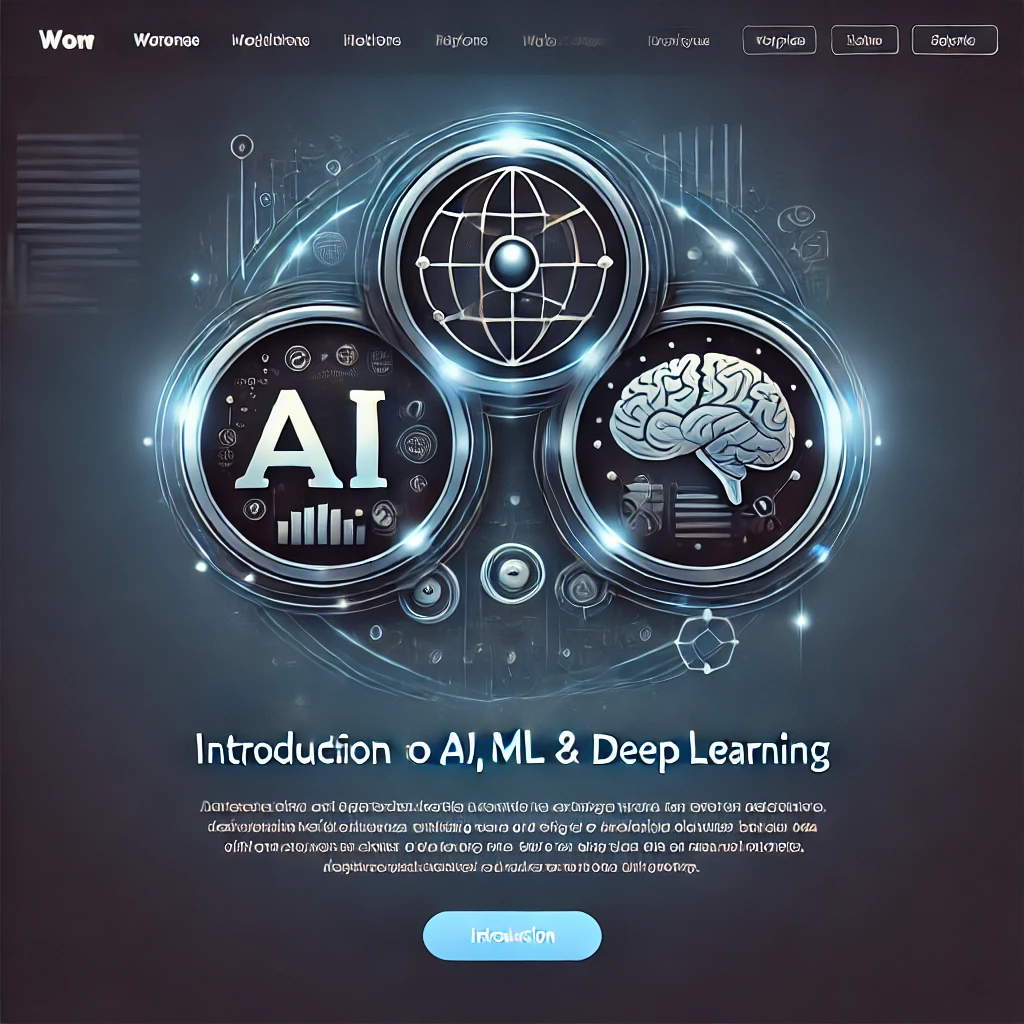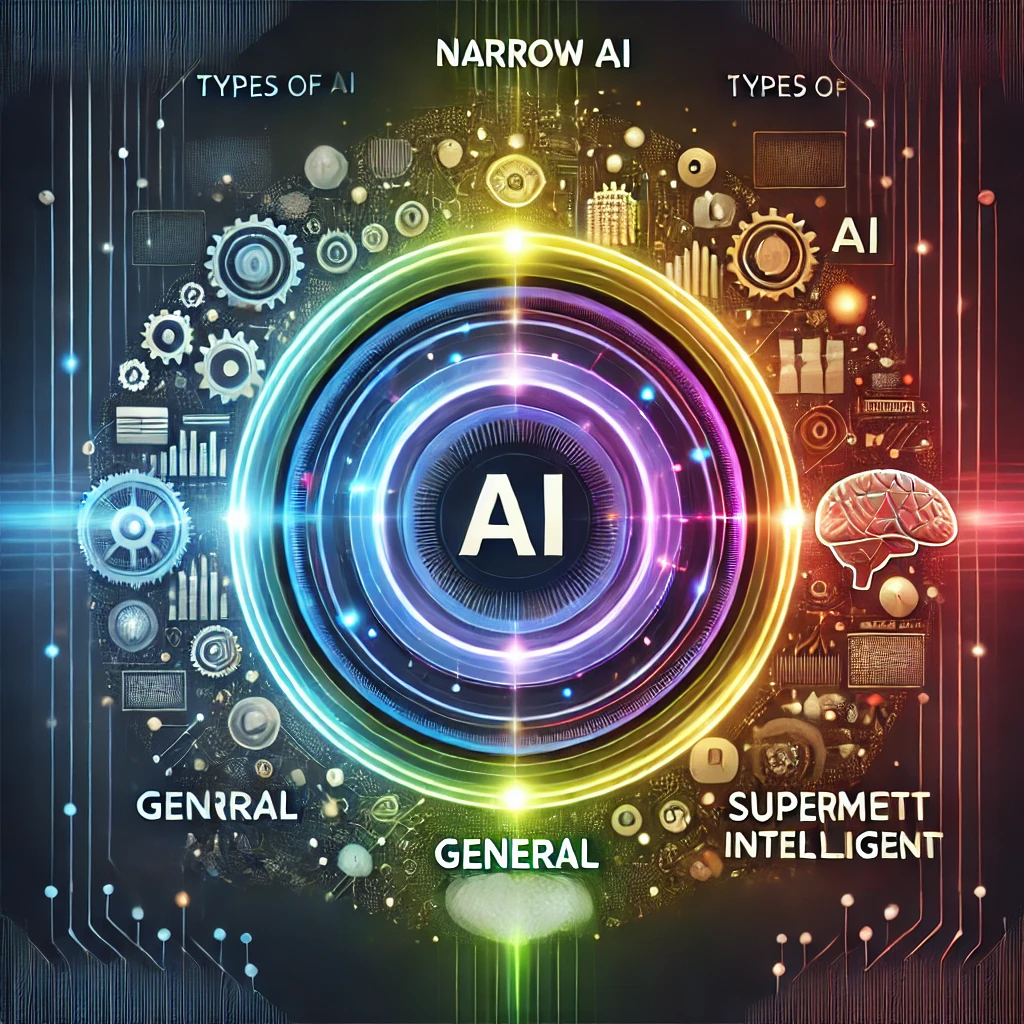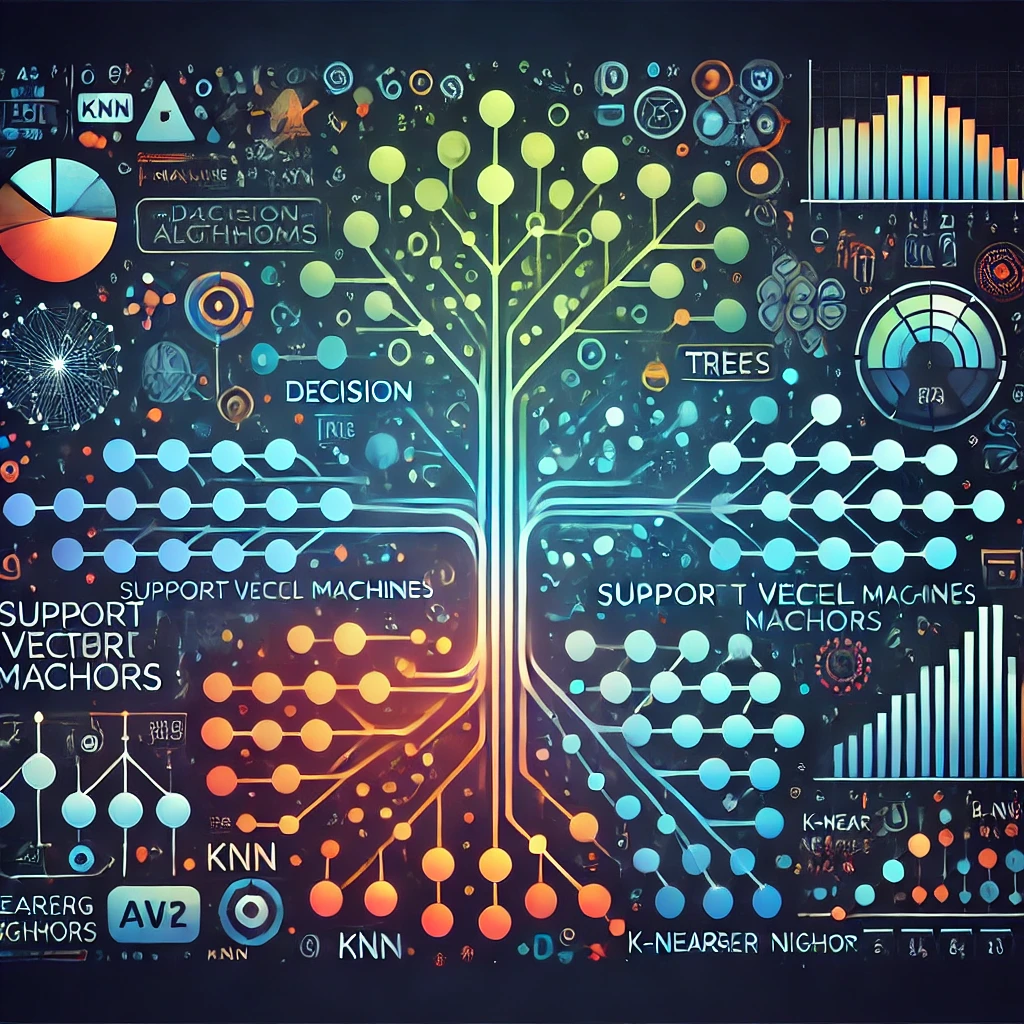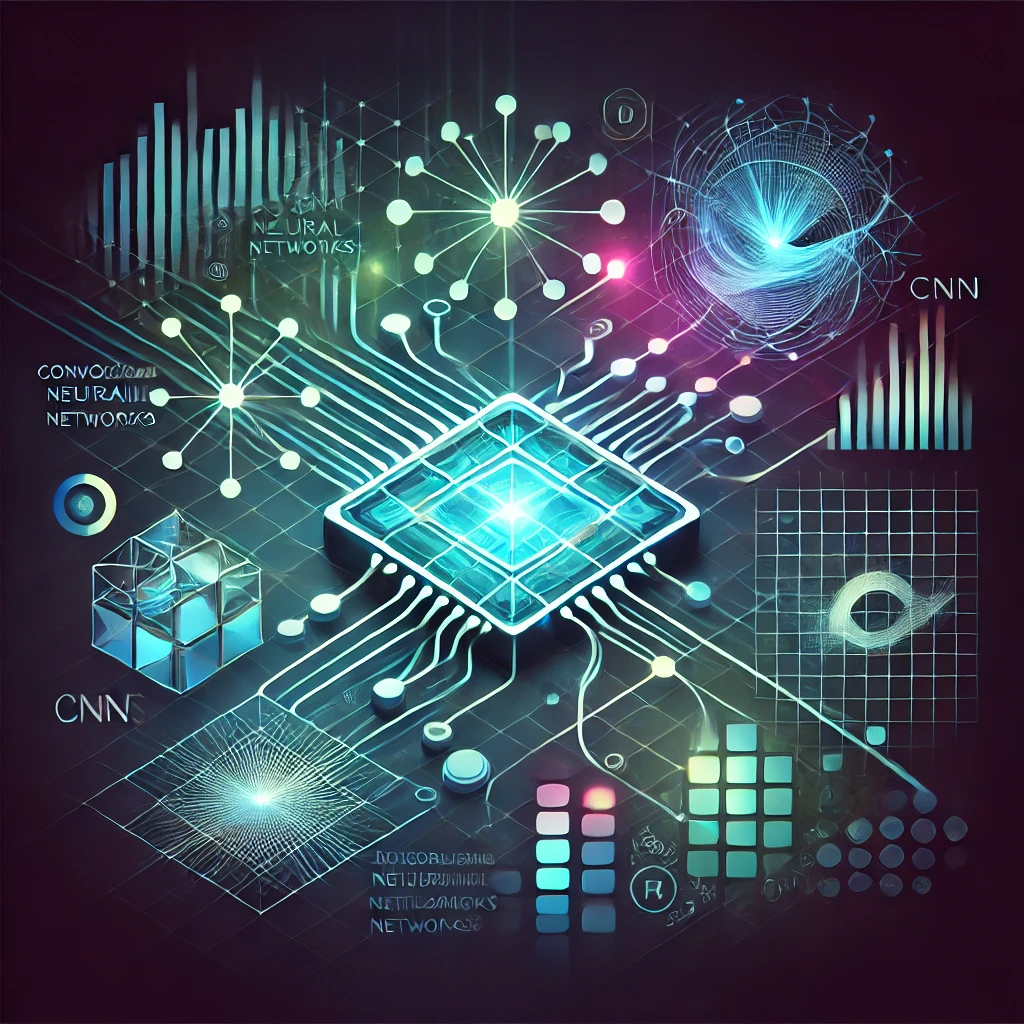AI for Social Good: Revolutionizing Healthcare, Education, and Environmental Conservation
Artificial intelligence (AI) is rapidly transforming various sectors, and its potential for social good is immense. From revolutionizing healthcare and education to tackling environmental challenges, AI is poised to address some of the world’s most pressing problems.
AI in Healthcare: Transforming Diagnosis and Treatment
AI is making significant strides in healthcare, enhancing diagnosis, treatment, and patient care. Here are some key applications:
- Disease Diagnosis and Prediction: AI algorithms can analyze medical images, such as X-rays and mammograms, to detect abnormalities and predict disease risks with remarkable accuracy. Machine learning models can also analyze patient data to identify early signs of diseases, enabling timely interventions.
- Personalized Treatment Plans: AI can personalize treatment plans by analyzing individual patient data, genetic information, and medical history. This allows doctors to tailor therapies for optimal outcomes and reduce adverse effects.
- Drug Discovery and Development: AI is accelerating drug discovery by identifying promising drug candidates and optimizing clinical trials. Machine learning algorithms can analyze vast datasets to identify patterns and predict drug efficacy and safety.
- Robotic Surgery: AI-powered surgical robots are enhancing precision and minimizing invasiveness in surgeries, leading to faster recovery times and reduced complications.
AI in Education: Empowering Learners and Educators
AI is revolutionizing education by personalizing learning experiences, providing individualized support, and optimizing teaching practices. Here are some key applications:
- Personalized Learning: AI-powered platforms can adapt to individual learning styles and pace, providing tailored content and exercises. This allows students to learn at their own speed and focus on areas where they need more support.
- Intelligent Tutoring Systems: AI tutors can provide real-time feedback and guidance to students, helping them understand concepts and overcome learning challenges. These systems can also identify knowledge gaps and suggest personalized learning paths.
- Automated Grading: AI can automate the grading of assignments, freeing up teachers’ time for more meaningful interactions with students. This allows educators to focus on personalized instruction and provide more individualized support.
- Early Intervention and Support: AI can analyze student data to identify students at risk of falling behind and provide early intervention support. This can help prevent academic struggles and ensure that all students have the opportunity to succeed.
AI in Environmental Conservation: Protecting Our Planet
AI is playing a vital role in addressing environmental challenges and promoting sustainable practices. Here are some key applications:
- Monitoring and Predicting Environmental Change: AI algorithms can analyze satellite imagery, sensor data, and climate models to monitor deforestation, pollution, and other environmental changes. This data can help scientists understand the causes of these changes and develop strategies for mitigation.
- Optimizing Renewable Energy Production: AI can optimize the performance of renewable energy sources, such as solar and wind power, by predicting weather patterns and adjusting energy output accordingly. This can improve energy efficiency and reduce reliance on fossil fuels.
- Conservation Efforts: AI can help track wildlife populations, identify endangered species, and optimize conservation efforts. This involves using computer vision and machine learning to analyze images and videos of animals in the wild.
- Waste Management: AI can optimize waste management systems by identifying and separating recyclable materials, reducing landfill waste, and promoting circular economy principles.
Ethical Considerations in AI for Social Good
While AI holds immense potential for social good, it’s crucial to address ethical considerations to ensure its responsible development and deployment. These include:
- Bias and Fairness: AI algorithms can inherit biases from the data they are trained on, leading to unfair or discriminatory outcomes. It’s essential to ensure that AI systems are trained on diverse and representative datasets and to develop mechanisms for mitigating bias.
- Privacy and Security: AI applications often involve handling sensitive personal data, raising concerns about privacy and security. Robust data protection measures are crucial to ensure responsible data management and prevent unauthorized access.
- Transparency and Explainability: It’s important to understand how AI algorithms make decisions and to be able to explain their rationale. This is essential for building trust in AI systems and ensuring accountability.
Conclusion: Embracing the Future of AI for Social Good
AI has the potential to revolutionize various sectors and address pressing social challenges. By leveraging its power responsibly and ethically, we can create a more equitable, sustainable, and prosperous future for all. As AI continues to evolve, it’s crucial to engage in ongoing dialogue and collaboration to ensure that its development and deployment are guided by ethical principles and aligned with the common good.




